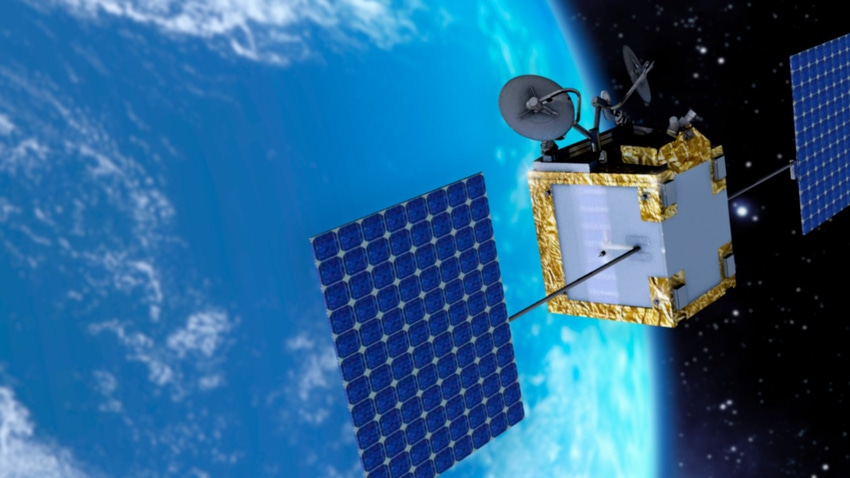
Eutelsat OneWeb and Australian operator Telstra have started rolling out low-Earth orbit (LEO) satellite mobile backhaul at over 300 remote basestations. It is said to be the largest LEO backhaul deployment in Australia, and follows a strategic agreement signed last year.
While the basestations already use satellite backhaul, they will now be moved to Eutelsat OneWeb's LEO network, which will grant customers capacities of up to 25 Gbit/s. Those in remote areas should benefit from a better mobile Internet experience, especially when using real-time applications including video calls. The rollout should also lead to lower latencies, higher speeds and a more consistent connection.
For Telstra, the partnership is part of its efforts to expand its 4G and 5G coverage by an additional 100,000 square km – roughly the size of Portugal – in the country, which covers around 7.7 million square km.
In the press release, Telstra's executive for network and technology, Iskra Nikolova, noted that "there's also potential for OneWeb, as a backup backhaul solution, to improve reliability in areas where terrestrial backhaul is susceptible to natural disasters."
Eutelsat OneWeb also states that Australia is one of the markets where its network is fully operational, as it continues to roll out the ground segment needed to provide coverage in more markets. In June last year, the company was hoping to finish its ground station rollout by the end of 2023. It currently has over 630 satellites in orbit.
LEO on the rise
The satellite company, which says its network is capable of supporting 5G quality of service, was also tapped by Orange last year to provide LEO-based backhaul. The partnership seeks to expand the operator's connectivity in remote areas in Africa, Europe and Latin America.
Eutelsat OneWeb is the new name for the LEO satellite unit, which operated independently as OneWeb until September last year, when it merged with the French Eutelsat to create an integrated GEO and LEO satellite company.
As Light Reading wrote last year, only a very small share of mobile sites are currently thought to use satellite for backhaul, due to problems like high costs and poor connection quality. With LEO satellites, however, lower latency and higher capacities have sparked an interest among operators.
In July, Africa Mobile Networks (ANM) tapped Starlink to provide LEO backhaul for 3G and 4G basestations in rural communities in Africa. Vodafone has also signed a deal with Amazon's Kuiper project to backhaul remote 4G and 5G sites in Europe and Africa, but it is worth noting the company is only set to start launching its network into space later this year.
About the Author(s)
You May Also Like












